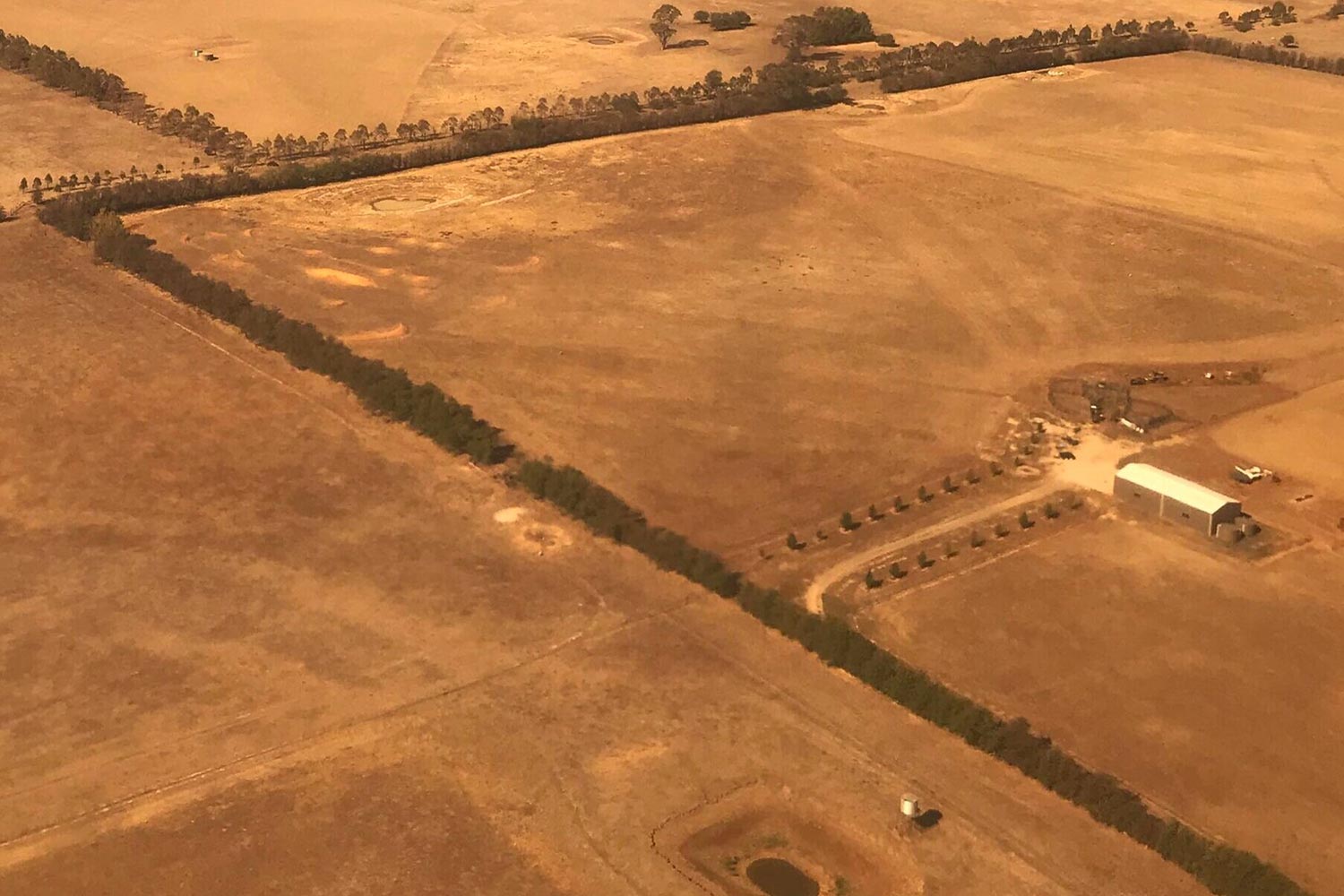“At least there is hope for a tree:
If it is cut down, it will sprout again, and its new shoots will not fail.
Its roots may grow old in the ground and its stump die in the soil,
Yet at the scent of water, it will bud and put forth shoots like a plant.”
– Job 14:7-9
Yesterday I smelt water. It rained and as the rain drops touched the ground, a gentle scent arose. The scent of water. Being a city dweller, this is not a smell I think about much. But I remember being with a farmer as he stood in a dry paddock and said he could smell rain coming.
I remember a blossom tree in our previous garden that was old and gnarled that had watched generations of families come and go. Children would climb its branches, play in the cool of its shade and it even tolerated the indignity of basketballs hurled into its branches. We watched this tree near the end of its life.
One autumn, it began to produce new shoots and flowered as if spring was coming. The scent of water was enough to make this old tree keep going.
One of the bleakest books in the Bible is about a man called Job. This man was blameless and upright; he feared God and shunned evil. He had everything – lots of children, livestock, wealth. He was the greatest man among all the people of the East.
But then he lost everything. He went from sitting in plenty to sitting in ashes. He was grief stricken. As he sat in the ashes, he found it hard to hold onto hope. Any hope. He struggled to see any evidence of the Lord’s presence in his life:
But if I go to the east, he is not there;
if I go to the west, I do not find him.
When he is at work in the north, I do not see him;
when he turns to the south, I catch no glimpse of him.
— Job 23:8-9
Job presents a bleak picture. A life that is dry and parched and devoid of beauty and joy. Perhaps Job was sitting near a tree and thought that at least a tree has hope, even a dying tree—a hope that lies in the scent of water; a scent that can bring new life, new growth.
I have not lost what Job lost. Over the last few months, however, all of us have experienced loss of various kinds. And for so many, it’s as if they have been sitting in ashes. Trying desperately to drag themselves through each day. As I’ve thought about the impact the scent of water has on a tree, I’ve wondered what scent can keep us going.
Let me ask you, what is the scent of water that keeps you going? Yesterday, when it rained, I went outside. It smelt earthy and wholesome and good. The scent of water seems almost insignificant. But not for a tree. Yesterday, as I smelt the scent of water, I smelt the scent of hope.
Christian hope is not a small thing. It is big and glorious. It is never-ending, and will not perish, spoil, or fade. It too, is a good and life-giving scent. Can you smell it?
One of the symptoms of COVID-19 is the loss of smell. We are told by health experts that if we lose our sense of smell and experience other symptoms, to do something: to get tested and self-isolate.
When I was a little girl, my father lost his sense of smell. I desperately wanted him to smell the wonderful things I could smell, so I looked everywhere for it. But it was lost and, of course, we never found it. But we have a hope that can’t be lost. Our circumstances may cause us to think it’s been mislaid, but it is never lost.
The scent of hope. What does that look like? Perhaps you tune into the daily Covid update. Each day, the scent of hope wafts our way: what life will look like when vaccination rates climb to 70%, to 80%. A new normal is coming, we are told. A meal with friends. Seeing our families. Meeting new babies and holding them.
The prophet Isaiah provides the scent of hope for the Israelite people. Let me encourage you to read chapter 35, where we are told of a time when the blind see, the deaf hear, the lame leap and the mute can shout for joy as they see the glory and splendour of God.
In this place, there is no longer the mere scent of water. The water is gushing, the springs bubble and burning sand becomes a pool where life can bloom and flourish. Here singing replaces sighing and sorrow becomes everlasting joy. This is where the redeemed shall walk.
But not for the moment. The book of Job might begin well and end well. But there are over 40 chapters marked by the heartache of a world that’s not the way it’s supposed to be. Our world. Our pandemic world. A world of division and grief and gut-wrenching loneliness. A world where sometimes all we can do is sit in the ashes and lament. A world where trite answers provide no comfort.
But not a world without hope. Like Job, our Redeemer was a righteous sufferer. As Isaiah 35 foretold, he came to save us. To save us by his suffering. So that the vision of flourishing life of that chapter might be ours. No more Covid. No more social distancing. No more tears or pain or isolation.
When your hands feel feeble and your knees give way, perhaps every now and then you might catch the faint scent of hope. And if you do, inhale deeply and treasure it.
Here are some suggestions that might help you remember this glorious smell of hope:
- Call out and ask the Lord for help: “Lord, be gracious to us; we long for you. Be our strength every morning, our salvation in time of distress.” (Isaiah 33:2)
- Open God’s word and read: Remember you are saved. You are redeemed. You are a person with a living hope. As a suggestion, why not read the following passages: Isaiah 35, Romans 5:1-5,
- Keep meeting with your brothers and sisters: at church, in bible study groups. Even over screens we can encourage one another.
Brothers and sisters, put your hope in the Lord both now and forevermore.
— Psalm 131:3
Thank you to Keith for helping me smell the scent of hope and to craft this piece.




